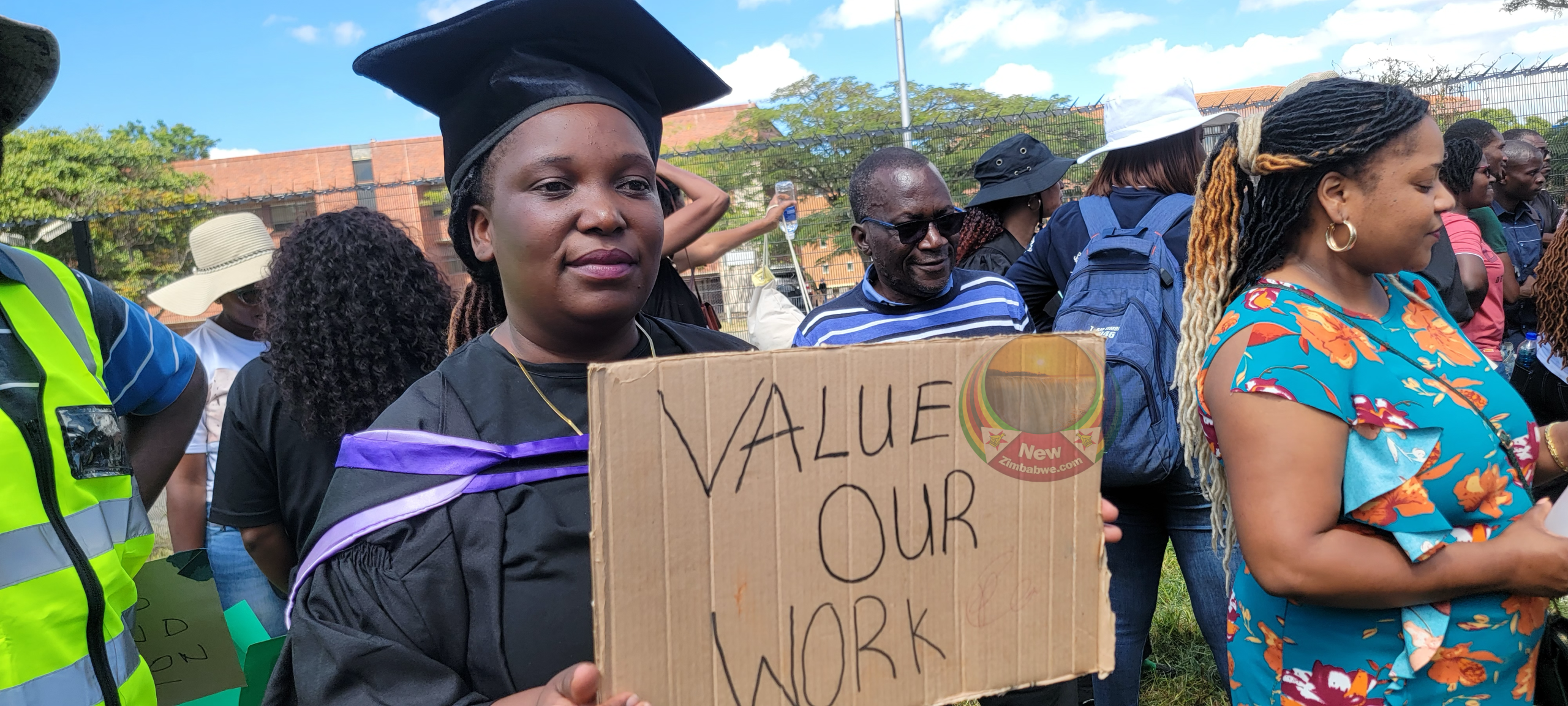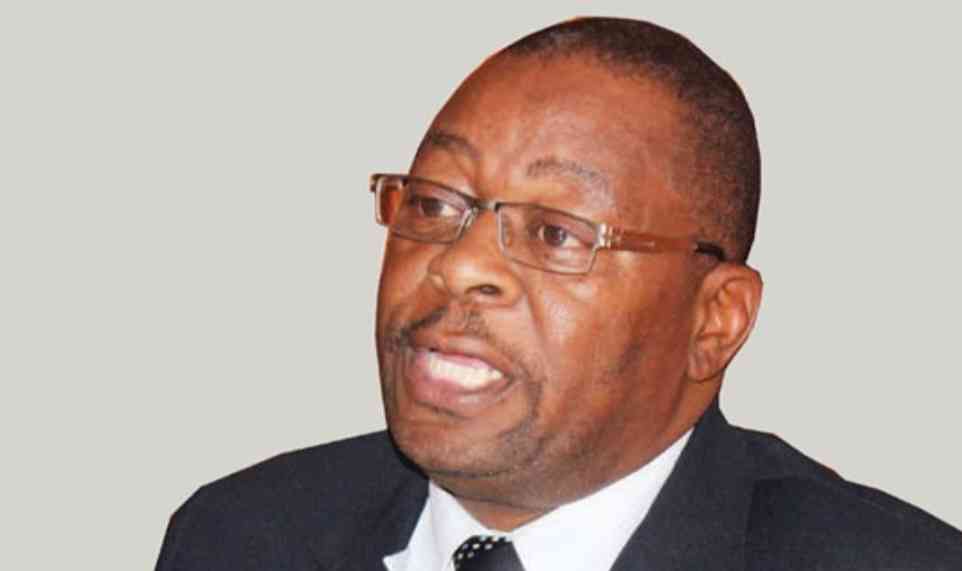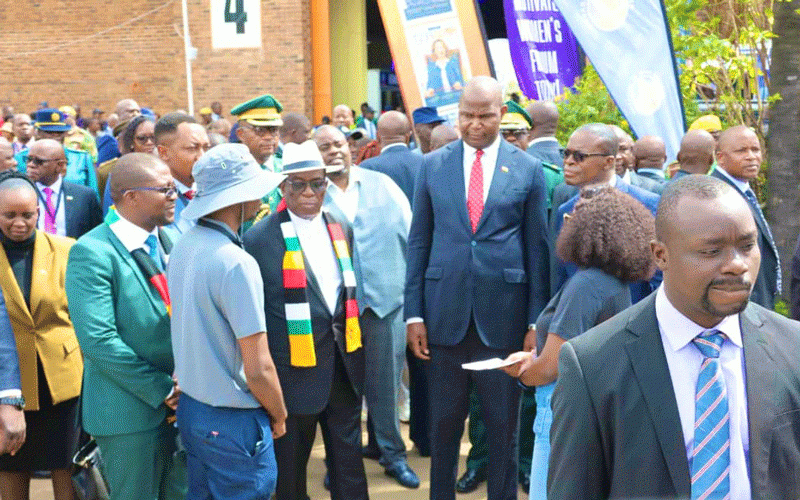
The strike by University of Zimbabwe (UZ) lecturers over poor remuneration has brought to the fore the plight of the majority of working people, especially civil servants, whose incomes have been eroded by inflation over the years while authorities continue to turn a blind eye to the issue.
A High Court judge Justice Benjamin Chikowore a week ago delivered a landmark ruling granting the UZ lecturers the right to demonstrate after the authorities at the country’s oldest university tried every trick in the book to prevent them from taking to the streets.
The academic staff are demanding the restoration of their pre-October 2018 salary levels where the basic salary of a junior lecturer was between US$2 250 and US2 500 per month.
They argued that the university unilaterally slashed the salaries to an average of US$250 to US$300 month and a ZiG800, which is less than US$200.
The Association of University Teachers (AUT), the union representing the UZ academic staff, accuses the authorities of awarding themselves lavish perks while ignoring the plight of lecturers, who have been reduced to near destitutes.
As AUT lawyer and legal advisor, Munyaradzi Gwisai, Chikowere’s landmark ruling will go beyond "the corridors of the UZ as it protects advances and realises the right to strike as provided by the constitution of Zimbabwe".
“The right that AUT has won today is a right that will apply well beyond the corridors of University of Zimbabwe, but in the entire spectrum of labour relations and trade unions in this country,” Gwisai said in response to the ruling.
Since coming into power following the military coup that toppled the late Robert Mugabe in 2107, President Emmerson Mnangagwa’s government has effectively outlawed protests or strikes by long suffering workers.
- Film, television sector crafts strategy
- Fresh land invasions hit Whitecliff
- Pomona cash row escalates
- Border Timbers targets European markets
Keep Reading
Civil servants have been suffering in silence as they see their wages being eroded by inflation.
The ruling by the High Court ensured that the situation at the UZ is brought to the attention of the authorities.
The poor remuneration of academic is not an issue that is peculiar to the university as other universities around the country are also not paying decent salaries.
The heavy handed approach by the government has also emboldened employers to ignore grievances by workers knowing fully well that they have no platform to agitate for better treatment.
It is in that context that we find the government’s muted response to the UZ strike worrying.
A solution to the crisis is needed as soon as possible and the UZ strike must be used to kick-start a conversation about erosion of incomes and the devastating impact this has on livelihoods.










